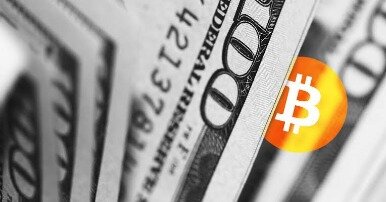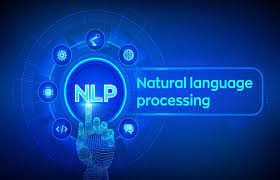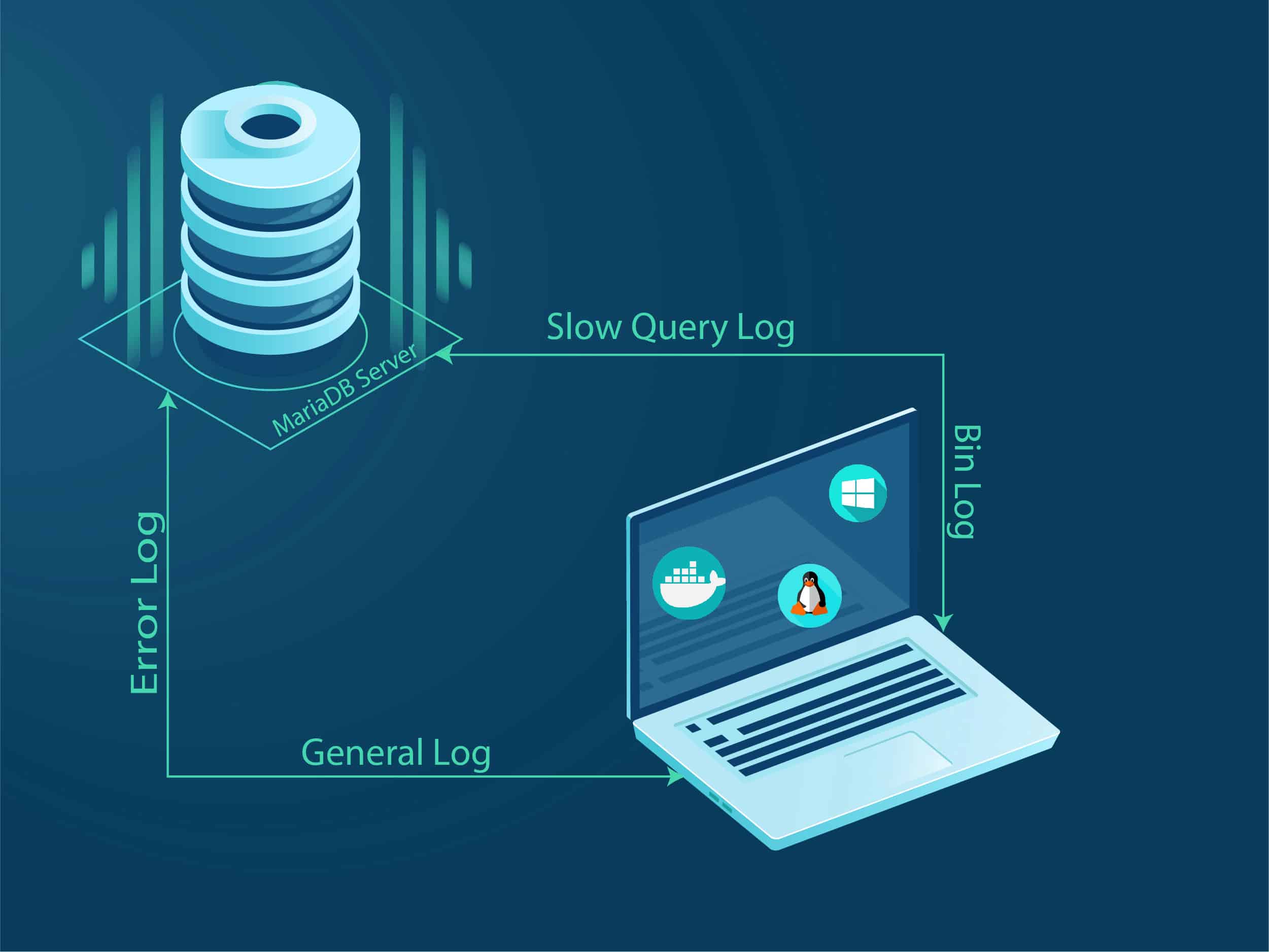Content
This could pave the way toward a new regulatory framework for cryptocurrencies in UK. You can buy Cryptocurrency using conventional currency and either held as an investment, use it to pay for goods and services or donate as Gift to another person. You would need to report your profits presumably as capital gains under self assessment. Alternatively you submit an unsolicited tax return and this is much quicker, although you might still need to register for self assessment in order to obtain a tax reference from HMTC. VAT is due in the normal way on any goods or services sold in exchange for cryptoasset exchange tokens. If a partnership or an LLP holds exchange tokens as an investment, the partners are liable to pay CGT on any gains they realise.
Ensuring cryptocurrency businesses, traders and investors are structured properly is paramount to keeping tax efficient and remaining compliant with HMRC. An individual may contend that loss-making activities amount to a trade so that relief for trading losses can be offset against the individual’s other income , often referred to as ‘sideways loss relief’). similarly, an individual may contend that profit making activities amount to a non-trade, which are not taxable. Similarly, many people have hobbies that generate money, such as buying and selling items at car boot sales or on eBay. If the activities are considered to be a hobby, then any gain and any losses . Therefore, one can argue that cryptocurrency transactions are a hobby and it is not a trade, and therefore not taxable.
Many cryptoassets are traded on exchanges which do not use pound sterling, so the value of any gain or loss must be converted into pound sterling on the Self Assessment tax return. As with other types of assets, individuals can crystallise losses for cryptoassets that they still own if they become worthless or of ‘negligible value’. HMRC would expect that buying and selling of cryptoassets by an individual will normally amount to investment activity . In such cases, if an individual invests in cryptoassets they will typically have to pay Capital Gains Tax on any gains they realise. A trade in cryptoassets would be similar in nature to a trade in shares, securities and other financial products.

If you trade cryptoassets as a hobby then profits arising would not be taxable. If you undertake trading in cryptoassets on a commercial basis with a view to a profit, then the profits would be subject to income tax. If you are in business as a trader and your income is over the lower national insurance contribution threshold (currently £6,475) then class 2 and class 4 contributions could be payable. As set out in more detail below, there may be cases where the individual is running a business which is carrying on a financial trade in cryptoassets and will therefore have taxable trading profits. This is likely to be unusual, but in such cases Income Tax would take priority over the Capital Gains Tax rules. You might also have to pay income tax if you trade crypto-assets as part of a business, in which case the trading profits would be subject to income tax.
Thus, in Gibraltar, St Helena, Hong Kong and other jurisdictions, income derived outside the territory is not taxable. The longstanding test for the measure of this is to be found in its definitive form in the Hong Kong case of Commissioner of Inland Revenue v. Hang Seng Bank Ltd. In that case the judges found that trading of stocks and shares on an exchange occurs where the exchange is located, not where the person pressing the button to order the trade is located. The actual status of a cryptographic token once it has been issued, and the tax treatment of sale and purchase transactions using that token, is somewhat more certain. Let us think about a company which buys and sells tokens on its own account. Under common law systems such as Gibraltar, that transaction would most likely be characterised as a capital gain rather than income. And then the policy paper still leaves a lot still to be considered for those who are running a business and accepting payment in bitcoins.
HMRC have echoed this approach in regards cryptocurrencies themselves (and not goods/services received in exchange for cryptocurrencies). Consequently, exchange tokens do not create a loan relationship and therefore cannot be taxed as such. Income tax will be judged by the pound sterling value of the cryptoasset at the time of receipt.
Mark Carney: Proposed Cryptocurrency Could Protect Global Economy
UK investors have flooded the market since Bitcoin started rallying in December, with almost £1bn traded for Bitcoin in the first week of January alone. Many are novice retail crypto-investors seeking to turn a quick profit and not wanting to miss out on the proverbial gold rush. In return for providing the computing power miners have the chance of earning a reward. The reward is typically a free cryptocurrency such as a Bitcoin or ‘Altcoin’. Using Bitcoin in a shop or online could become as popular as buying items off the internet. As a result it would be impossible to have a capital gain event arising on every single one of these transactions.

Again, the taxation of Bitcoin mining will depend on the circumstances of a particular case. The First-tier Tribunal (“FTT”) found that both concerns began as hobbies and never grew beyond such.
As the quote above states, a case by case approach needs to be followed and this needs to be backed up by the tax treatment that follows the facts of your particular case. Our company purchases £10k GBP of Russian Rubles at an exchange rate GBP to RUB is 95.0. We have a UK company (two Directors / Shareholders (49/51% split)) that has both UK Sterling and Russian Ruble accounts with a UK Bank. We are not just Chartered Accountants and Auditors – but business advisers who are passionate about providing an outstanding tailored service to each of our clients. Our range of services are our response to listening to what our clients value. The intention is to display ads that are relevant and engaging for the individual user and thereby more valuable for publishers and third party advertisers.
In both cases any relevant costs associated can be deducted against the income. Typically the main cost would be the computers and the electricity required to power them. As a result digital assets such as Bitcoin require a lot of computing power. An investor will only pay Taxes on Bitcoin when a disposal has deemed to take place.
Individual Taxation
If the trade is carried on through a partnership, the partners will be taxed on their share of the trading profit of the partnership. If a person or business’s activities amount to a trade, the receipts and expenses will form part of the calculation of the trading profit. As with the tax analysis of other types of business the question of whether a trade is being carried on is key in determining the correct tax treatment. Although there are thousands of different types of cryptoassets in existence it seems unlikely that HMRC would accept that buying and selling the most popular versions of these assets is a gambling activity.
Presumably you will receive a tax certificate and in some cases be able to offset the tax against a UK tax bill so as to avoid double taxation. based in Estonia want me to pay the notional tax to them BEFORE they let me withdraw some profit. If you have used cryptocurrency to buy whatever it is you chose to buy on the dark web it seems unlikely that you will have made a profit on cryptocurrency. The value of the supply of goods or services on which VAT is due will be the GBP value of the tokens at the point the transaction takes place.
Why is the IRS asking about Cryptocurrency?
‘ The Internal Revenue Service explicitly asks taxpayers to disclose their cryptocurrency transactions on the newest tax form, making it easier for the federal government to tamp down on fraud or tax evasion later down the line.
For this to occur it would require frequency, organisation and sophistication. The guidance sets out HMRC’s view of the appropriate tax treatment of cryptoassets based on current law. HMRC’s guidance for individuals who hold cryptoassets, explains what taxes they may need to pay, and what records they need to keep. As well as further information for businesses and companies about the tax treatment of cryptoasset transactions.
Crypto Taxation
In practice it is very unlikely that HMRC will accept that an individual is trading in cryptoassets. However, properly reporting those taxes “right now is certainly more significantly challenging than stocks or securities, because the infrastructure’s not there,” said Jim Calvin, partner at Deloitte.
Victoria is treated as having a single pool of 150 of token A and total allowable costs of £126,000. If some of the tokens from the pool are sold, this is considered a ‘part-disposal’. A corresponding proportion of the pooled allowable cost would be deducted when calculating the gain or loss.

The value of any cryptoassets awarded for successful mining is likely to be taxable as miscellaneous income, with appropriate expenses reducing the amount chargeable. The key test to determine whether you are trading for tax purposes is to apply what are known as the Badges of Trade. These look at what you do in your day job, the frequency of trades and your objectives in owning the cryptocurrency. Each case needs to be considered on its own facts, especially given the multifunctionality of some cryptocurrencies. Employers do not have to operate PAYE on payments of earnings that are not RCAs. The individual must declare and pay HMRC the Income Tax due on any amount of employment income received in the form of cryptoassets . Exchange tokens like bitcoin can be exchanged on one or more token exchanges in order to obtain an amount of money.
The Norwegian Parliament resolved in 2019 that electrical power used for mining virtual currency should have a normal tax rate instead of a reduced tax rate. However, on 12 May 2020, the Norwegian government proposed in the revised fiscal budget for 2020 to revoke the resolution from 2019 in order to continue with a reduced tax rate. The IRS’ approach in its literature, is to take a firm hand and they threaten criminal prosecution of those who attempt to avoid tax on cryptocurrencies. The IRS have also taken steps to determine how to value cryptocurrency at the time of a transaction, and calculate the tax. They use a ‘reasonable manner’ valuation test as defined in the IRS Notice . Whether mining will be considered a taxable trade will involve the consideration of degree and frequency of activity; level of organisation; risk; and commerciality. HMRC have restricted their definition for this purpose to “exchange tokens” which are intended to be used as a method of payment and encompass ‘cryptocurrencies’ like bitcoin.
The UK Taskforce report said that they were reluctant to allocate a location to an asset which is designed to have none because it is decentralised. HMRC defines utility tokens as providing the holder with access to particular goods or services on a platform using distributed ledger technology.
- This paper considers the taxation of exchange tokens and does not specifically consider utility or security tokens.
- Individuals and businesses should expect to be taxed on cryptocurrencies as if they were buying and selling other assets.
- The Court also referred to a bank’s duty to terminate customer relationships if they entail risks for transactions in connection with criminal offences pursuant to the Norwegian Anti-Money Laundering Act.
- Normal principles of tax law must apply in distinguishing whether buying and selling Bitcoin is regarded as a trading or investment activity, including consideration of whether of whether the so-called ‘badges of trade’ are present.
The blockchain for the original and the new cryptoassets have a shared history up to the fork. If an individual held tokens of the cryptoasset on the original blockchain they will, usually, hold an equal numbers of tokens on both blockchains after the fork. An airdrop is where someone receives an allocation of tokens or other cryptoassets, for example as part of a marketing or advertising campaign in which people are selected to receive them. Other examples of airdrops may involve tokens being provided automatically due to other tokens being held or where an individual has registered to become eligible to take part in the airdrop. This means a person who holds exchanges tokens is liable to pay UK tax if they are a UK resident and carry out a transaction with their tokens which is subject to UK tax.
The airdropped cryptoasset, typically, has its own infrastructure that operates independently of the infrastructure for an existing cryptoasset. A hard fork is different and can result in new tokens coming into existence. If the number of tokens disposed of exceeds the number of new tokens acquired, then the calculation of any gain or loss may also include an appropriate proportion of the pooled allowable cost.
How can I avoid paying tax on Cryptocurrency?
How NOT to do your crypto tax in Australia 1. If you have under $10,000 in Crypto, it’s for personal use and isn’t taxed.
2. You only pay tax when you take money out of crypto, back to fiat.
3. You can claim a loss on crypto against your income tax.
4. You can sell all of your crypto before end-of-financial-year to claim a loss, and buy it all back in the new financial year.
More items•
Regulators and Government agencies around the world are increasingly worried about the implications of Cryptocurrency as a potential instrument for money laundering. The anonymity and instant transfer of fund globally, making it attractive to criminals and tax avoiders. If you are trading and have lost funds then go back to the broker, as they presumably retain the records of the transaction. They have generated a large profit and were going to pay me the profit and my investment back. It may be difficult for any authority to track your transactions even if they are made via blockchain.
Almost every bitcoin or other “altcoin” transaction — mining, spending, trading, exchanging, air drops, etc. Exchanges do not issue a form, nor do they calculate gains or cost basis for the trader.











